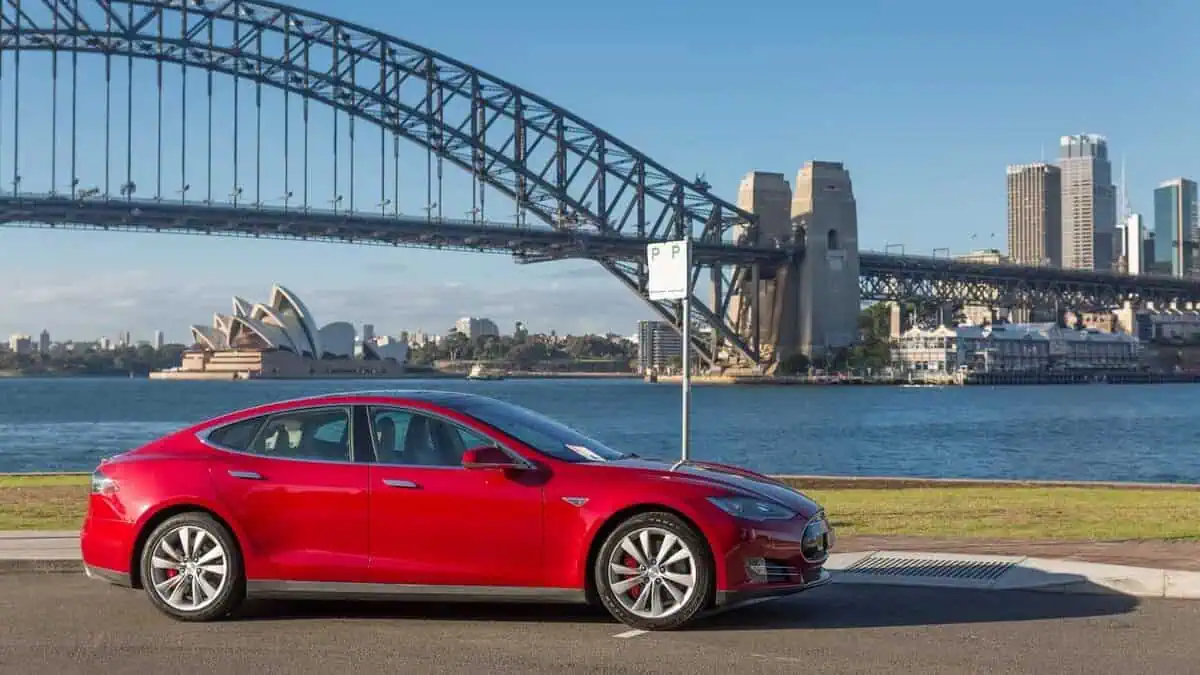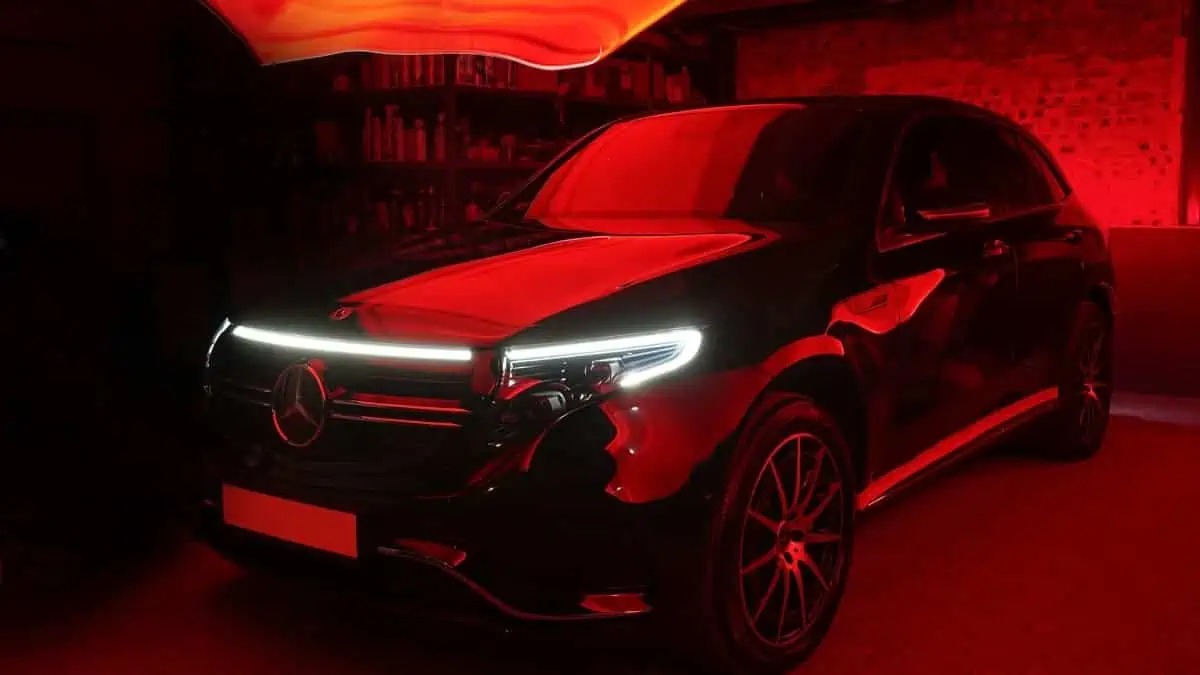The Australian government announced plans on April 19 to mandate new vehicle pollution standards as it aims to draw level with other leading foreign markets in terms of electric vehicle adoption.
Energy Minister Chris Bowen took the major news on Twitter:
For context, Australia’s EV sales only accounted for 3.8% of the overall auto market. In comparison, developed markets like Europe and Britain reported an EV market share of 17% and 15, correspondingly.
What to expect?
Australia’s upcoming EV strategy aims to impose a fuel efficiency standard nationwide. In a news conference, Energy Minister Chris Bowen asserted that the policy would specify the amount of carbon dioxide a vehicle can generate while on the road.
“Fuel-efficient and electric vehicles are cleaner and cheaper to run – today’s announcement is a win-win for motorists.
Fuel efficiency standards would require more affordable electric vehicles to be sent to Australia.”
Chris Bowen, Energy Minister
Bowen further indicated that details regarding the new standards would be finalized in the following months.
Why is it important?
Australia and Russia are the only developed nations with either no fuel efficiency regulations or ones still in development. It is indeed alarming because it will discourage automakers from producing more electric and zero-emission cars, impeding the countries’ transition to clean mobility.
For context, Australia uses 20% more fuel than the US and 40% more than the EU on average for new cars. Studies also indicated that a fuel efficiency standard might result in a $349 annual savings for drivers in Australia, according to Bowen.
It is also worth noting that Australia’s transportation sector is the third biggest contributor to CO2 emissions in the country. As a result, the country ranks among the world’s top producers of carbon dioxide per capita.
According to Bowen, the plan will contribute to a reduction in carbon emissions of at least 3 million tonnes by 2030 and more than 10 million tonnes by 2035. The Electric Vehicle Council (EVC) supports the move, urging Australia to adopt strict regulations that keep up with the modern era.
“If we squib it on the detail, Australia will remain the world’s dumping ground for dated, high-emission vehicles.”
EVC CEO Behyad Jafari
See Also:
- South Australia drops pay-per-kilometer tax for EVs
- Australia’s EV market is growing with more affordable models
- Australia needs to train 100,000 mechanics on EV repairs and maintenance
- 50% of people would like to switch to EVs in Australia, per a study
- Light EV fleet surged to 83,000 units in Australia in 2022; BEVs accounted for 79%
Notably, Prime Minister Anthony Albanese has boosted Australia’s 2030 carbon emission reduction target to a 43% decrease from 2005 levels. He took office last year on a platform for implementing climate policy reforms.






